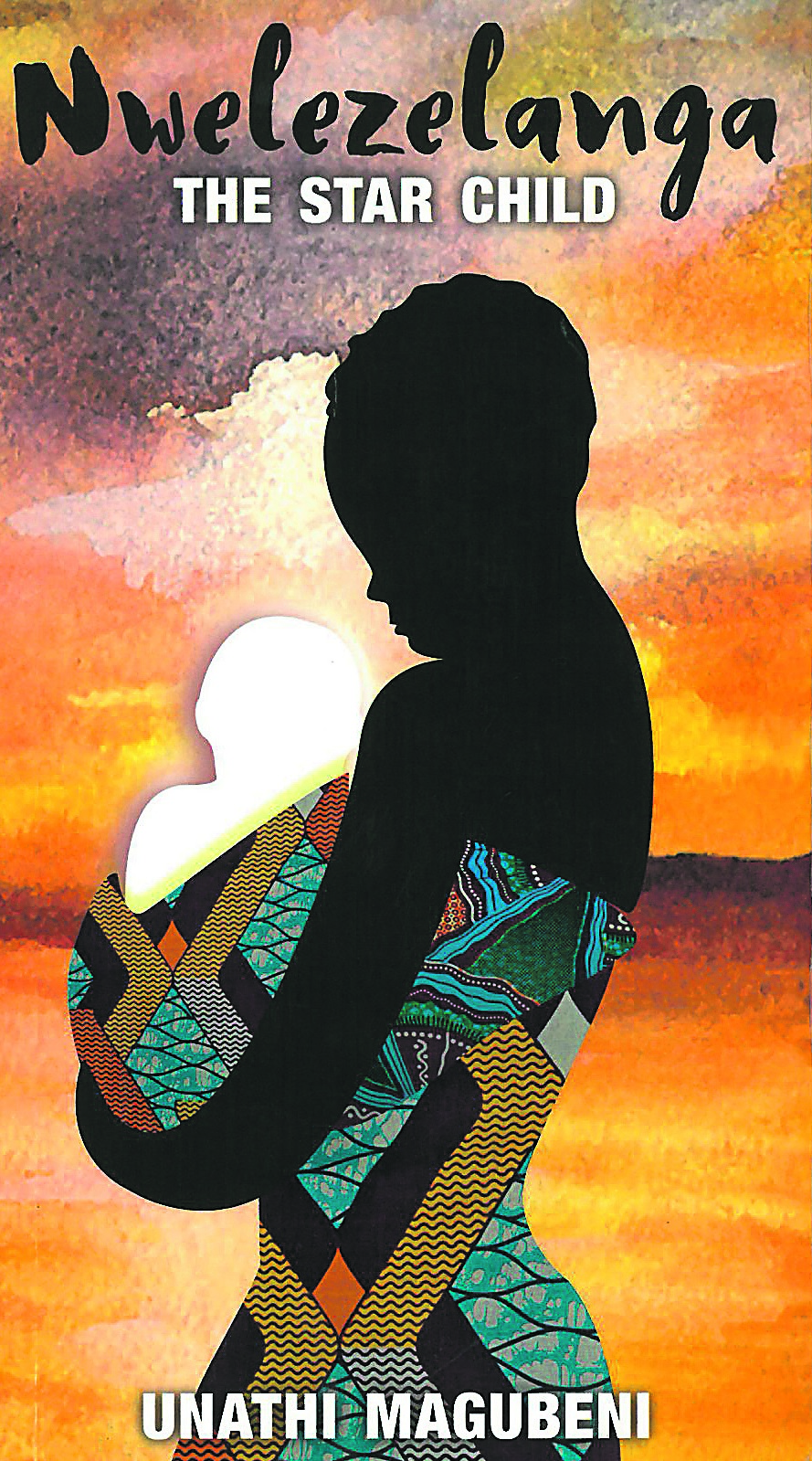
I admit that Unathi Magubeni’s debut novel had me shivering with fear from the first page to the last. For a fairly short book, it is crammed with shockers and twists in the tale, themes of betrayal and murder, evil midwives and heroic herbalists.
It is unlike anything I have read before, teetering as it does between the dark side of traditional belief and the light.
Nwelezelanga: The Star Child is written in a poetic style, nudging the reader to push beyond the bounds of their imagination.
I felt as if I knew the characters and had been to the places they find themselves in.
The story is told through the eyes of a 13-year-old girl, named Nwelezelanga by the village herbalist. But she is no ordinary teenager.
“I’m 13 years old; however, that’s a distortion on its own. I’m young yet old; I’ve experienced the cycle of birth and death more times than I care to count. I’ve donned and shredded many skin colours in my lifetime,” she tells us.
BlackBird Books
131 pages
R195
She is also an albino, although the book is not just about albinism. That said, it does not shy away from delving into the dark world where people with albinism face mutilation and dismemberment.
After being born, the star child is tossed into the mighty Umfolozi River. But she survives to undergo a journey and realise her purpose.
The story’s overarching themes focus on the individual, our spiritual quests, love and the attainment of peace.
Despite Magubeni’s rich vocabulary, you will not need to reach for the dictionary. But be warned, the powerful ending may break your heart.
I chatted to the author, who is based in the Eastern Cape, while on a visit to Johannesburg to promote his debut novel.
What drew you to writing?
I was introduced to writing in 2003, when I was in Cape Town. A friend of mine invited me to a poetry session. I felt at home there, I felt that this was what I wanted to do.
Is that when you realised you had a poetic style of writing?
I worked in the corporate world before writing, but never really felt at home there. When I left the telecommunications company [a successful start-up that Magubeni had formed with two friends], I felt free. It was the exact freedom I wanted, even though people thought I was crazy because of what I subsequently did.
What did you do?
I sold everything I owned in Cape Town, put the money into the business, then left with just a few bucks in my pocket and two trousers, which were torn. I travelled for 18 months, not knowing where I was going. I stayed in people’s homes, doing odd jobs.
What inspired Nwelezelanga?
I feel that in South Africa there is a lot of disharmony, politically and regarding other stuff that brings about a negative spirit. In writing this book, I wanted people to reflect on the positive. I wanted to try to bring in some harmony and healing.
I felt this great power after I accepted my calling [to become a sangoma]. One sees many graduates misuse the powers they get after doing all the necessary ceremonies, so I thought, ‘I am going to write a book and I am not going to talk to anyone, even at home. I will use all my power and energy on writing the book.’
Foremost in my mind was testing a formula on how we actualise our visions and our dreams.
Why the child narrator?
I used a child to attract more attention. Children are more interesting. I believe that, had I used an old character, it would have been another story being told by an ordinary person.
Did you do a lot of research?
It was a spiritual journey for me because I had never interacted with a person with albinism.
I put it down to a spiritual connection that I would write about such things, and then read about the killings of albino people in newspapers. So, information just came to me.
I felt a sense of freedom writing this book. I felt like me again.
What was the hardest part of writing the novel?
To know which lines not to cross as a sangoma. I could not share everything; there are things that are for everyone to know and things that are not for everyone. Then the publishers. Almost all the publishers I know did not think the book was good enough.
Some did not even respond.
It was a stressful time having to wait for responses, as I had a time frame and the date was closing in, with nothing to show for what I had done for a year.
Where can people buy the book?
At bookstores, or they can reserve a copy through African Flavour Books (africanflavourbooks.com).




 Publications
Publications
 Partners
Partners








